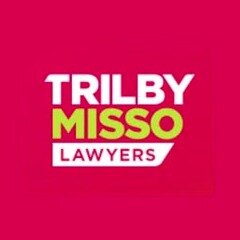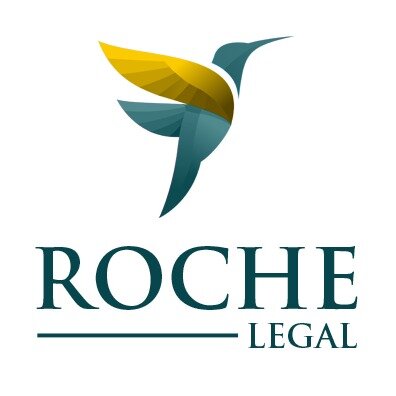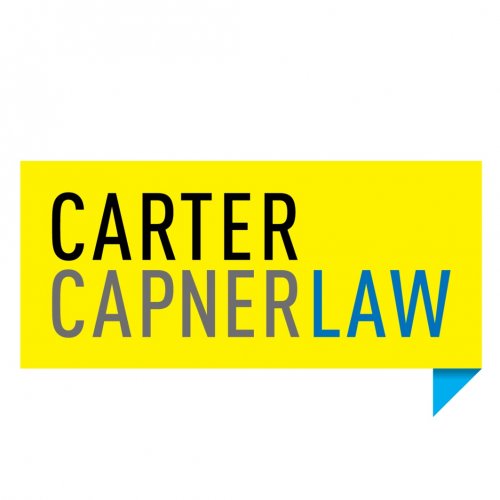Best Motorcycle Accident Lawyers in Brisbane
Share your needs with us, get contacted by law firms.
Free. Takes 2 min.
List of the best lawyers in Brisbane, Australia
About Motorcycle Accident Law in Brisbane, Australia
In Brisbane, Australia, the law pertaining to motorcycle accidents largely revolves around personal injury and negligence laws. If you have been involved in a motorcycle accident, you could be eligible for compensation under the Compulsory Third Party (CTP) insurance scheme. The CTP scheme is designed to cover the medical and rehabilitation costs of persons injured in motor vehicle accidents. It also applies in situations where the injured person was at fault, provided it was not a deliberate act.
Why You May Need a Lawyer
Motorcycle accidents can often result in significant physical injuries and financial burdens. Seeking compensation can become complex involving factors like determining who is at fault, dealing with insurance companies, understanding laws, and dealing with paperwork. Complications can also arise if the other party disputes the claim. It is in these scenarios you may need a lawyer who can help guide you through the process, negotiate on your behalf and ensure you get the compensation you deserve.
Local Laws Overview
Notably, under the Transport Operations (Road Use Management) Act 1995, all motorcycle riders in Brisbane are legally required to wear an approved motorcycle helmet. A failure to do so can impact your compensation claim. Furthermore, the Civil Liability Act 2003 outlines the principles of negligence and liability in personal injury cases, including motorcycle accidents. The Motor Accident Insurance Act 1994 also governs the CTP insurance scheme and how compensation claims are managed.
Frequently Asked Questions
1. What should I do immediately after a motorcycle accident?
First, ensure your safety and the safety of others. If needed, call emergency medical services. Notify the police, especially if the accident is severe. It is crucial to collect the contact and insurance details of everyone involved. If possible, take pictures of the accident scene.
2. Can I claim if I was at fault in the accident?
Even if you were partially at fault, you might still be able to claim compensation under the CTP scheme, expect if the act was intentional.
3. How long do I have to make a claim?
The statutory time limit to make a claim is generally three years from the date of the accident. However, it is in your best interest to start the process as soon as possible after the accident.
4. Can I appeal if my claim is rejected?
Yes, if your claim is rejected, you can challenge the decision. It is recommended to seek legal advice in such situations.
5. How much compensation will I receive?
Compensation amounts vary depending on the specific circumstances of the accident and the extent of the injuries. It can cover medical expenses, loss of income, pain and suffering, and home modification expenses.
Additional Resources
The Queensland Law Society can provide referrals to solicitors specializing in personal injury law. The Motor Accident Insurance Commission is a regulatory authority that can help with disputes related to insurance claims. The Legal Aid Queensland is a government service providing free legal advice to people who cannot afford a lawyer.
Next Steps
If you need legal assistance, consult with a personal injury lawyer specializing in motorcycle accidents. They can guide you through the complexities of the legal process and ensure you receive the rightful compensation. When choosing a lawyer, consider their experience, expertise, and reputation. Preparing any available evidence such as photos of the accident scene, medical reports, and any communication with insurance companies will also be helpful during your consultation.
Lawzana helps you find the best lawyers and law firms in Brisbane through a curated and pre-screened list of qualified legal professionals. Our platform offers rankings and detailed profiles of attorneys and law firms, allowing you to compare based on practice areas, including Motorcycle Accident, experience, and client feedback.
Each profile includes a description of the firm's areas of practice, client reviews, team members and partners, year of establishment, spoken languages, office locations, contact information, social media presence, and any published articles or resources. Most firms on our platform speak English and are experienced in both local and international legal matters.
Get a quote from top-rated law firms in Brisbane, Australia — quickly, securely, and without unnecessary hassle.
Disclaimer:
The information provided on this page is for general informational purposes only and does not constitute legal advice. While we strive to ensure the accuracy and relevance of the content, legal information may change over time, and interpretations of the law can vary. You should always consult with a qualified legal professional for advice specific to your situation.
We disclaim all liability for actions taken or not taken based on the content of this page. If you believe any information is incorrect or outdated, please contact us, and we will review and update it where appropriate.















